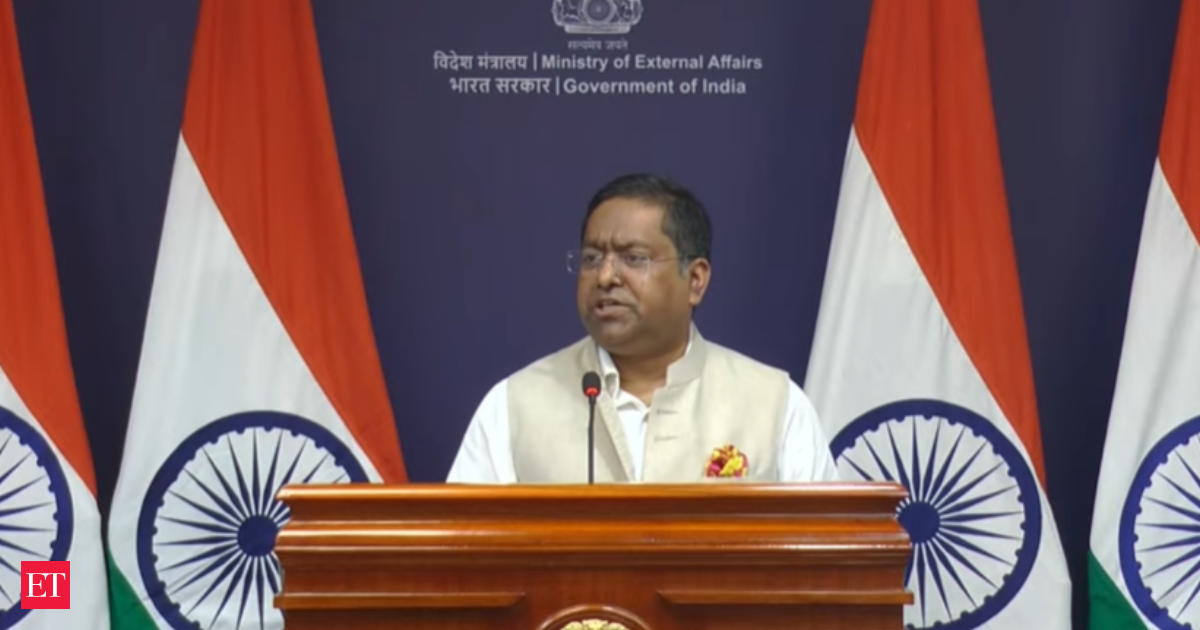Now Reading: Employee Seeks Leave After Daughter’s Surgery, Boss’s Harsh Reply Sparks Outrage
-
01
Employee Seeks Leave After Daughter’s Surgery, Boss’s Harsh Reply Sparks Outrage
Employee Seeks Leave After Daughter’s Surgery, Boss’s Harsh Reply Sparks Outrage

Quick Summary:
- An MNC employee shared on reddit how his manager displayed callous behavior after he requested leave following his one-year-old daughter’s major surgery.
- The employee explained he was unable too focus on work due to the emotional stress and asked for time off instead of preparing for a high-stakes client presentation.
- Despite notifying the manager about the critical medical situation, she insisted he deliver the presentation as “he was the only one wiht full knowledge of the project.”
- Feeling overwhelmed, he delegated dialogue with his manager to a colleague and later submitted his resignation owing to her toxic behavior.
- Another team offered him a new role within the company starting next month, persuading him to stay despite initial plans to quit.
- The subreddit community reacted strongly,criticizing certain corporate cultures. Many users highlighted thier own experiences of workplace insensitivity during emergencies.
- Key frustrations cited include poor managerial empathy,lack of technical expertise among middle managers hired solely for their MBA qualifications,and impractical expectations set by management.
Indian Opinion Analysis:
The incident underscores recurring challenges in India’s corporate sector concerning managerial empathy and understanding family priorities. This case vividly illustrates how rigidity in professional demands can alienate employees dealing with personal crises.For India’s MNC landscape-an environment frequently enough associated with relentless deadlines-the story suggests that fostering human-centric policies could improve both employee well-being and sustainability in workplace relations. managers must prioritize contingency planning over pressuring individuals at breaking points since such moments don’t just impact productivity but also organizational trust.
The strong reaction from Indian Workplace subreddit users reflects widespread frustration toward rigid hierarchies that seem disconnected from practical realities or compassion. These discussions reveal larger systemic issues such as gaps between leadership training and real-world demands.Ensuring better training for mid-level managers-particularly concerning decision-making during emergencies-could bridge this disconnect while reducing attrition stemming from perceived toxicity within teams.
Ultimately, these incidents serve as a reminder that family crises are global realities that even tightly structured corporations must adapt around if they hope to retain skilled talent long-term without sacrificing humane values during critical times.




























